22,000-square-foot facility boosts biobanking capacity for research projects
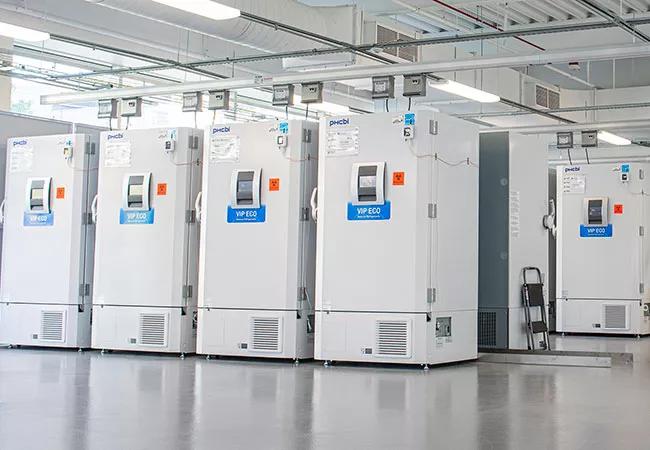
Cleveland Clinic and Brooks Automation have opened the Cleveland Clinic BioRepository to increase the storage capacity for biological samples at Cleveland Clinic while enhancing researchers’ study of human tissue samples to more rapidly translate laboratory discoveries into new treatments for patients.
Advertisement
Cleveland Clinic is a non-profit academic medical center. Advertising on our site helps support our mission. We do not endorse non-Cleveland Clinic products or services. Policy
The 22,000-square-foot ultra-cold and cryogenic storage facility will house 400 freezers for biological samples to be used in research projects at Cleveland Clinic, partner institutions and the life science research community. The facility is managed by Azenta Life Sciences, Brooks’ recently re-branded life sciences division, a provider of sample exploration and management solutions with secure sample and material storage facilities across the U.S. and around the world.
“Biobanking is essential for the evolution of personalized medicine for conditions such as heart disease, cancer and epilepsy,” says Serpil Erzurum, MD, Cleveland Clinic’s Chief Research and Academic Officer. “This technologically advanced BioRepository will enable research that allows us the knowledge to provide the best care for all people as part of Cleveland Clinic’s mission: caring for life, researching for health and educating those who serve.”
“The storage of biological samples safely and efficiently is an integral part of the research process allowing researchers to focus on breakthroughs in areas such as personalized medicine and therapeutic development,” adds Sarah Eckenrode, PhD, Vice President, Sample and Repository Solutions, Azenta Life Sciences. “The on-site sample biorepository standardizes sample collection, processing and storage protocols to increase scalability and efficiencies for Cleveland Clinic’s high-value collections of biological material.”
All patient information will be stored in a secure environment to protect patient confidentiality, using state-of-the-art customized systems for superior analytics and informatics capabilities. Specimens will be linked to electronic medical record data to analyze the course of diseases and treatments.
Advertisement
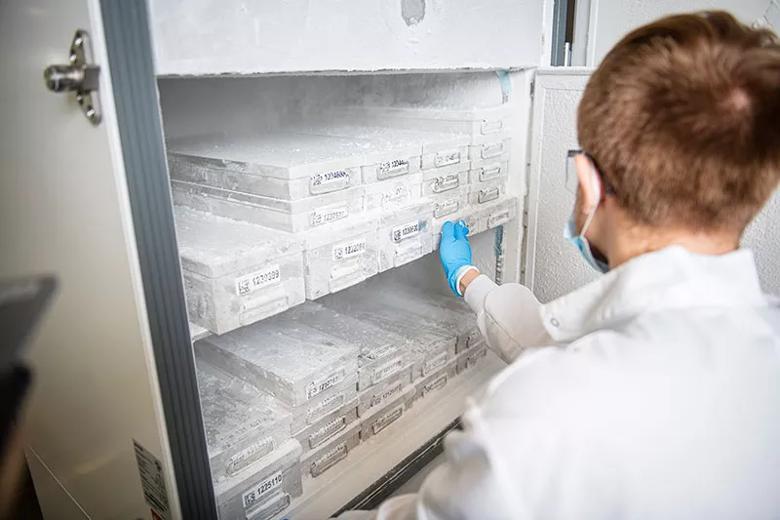
Image content: This image is available to view online.
View image online (https://assets.clevelandclinic.org/transform/c606bd0f-d8b9-4443-9f53-ec029d464905/21-CCC-2468013-Inset-800x533-1_jpg)
Biological samples in a freezer at the Cleveland Clinic BioRepository.
Located adjacent to Cleveland Clinic’s main campus in the Fairfax neighborhood of Cleveland, the Cleveland Clinic BioRepository is the first building to open in the recently announced Cleveland Innovation District, a public-private partnership aimed at transforming Northeast Ohio into an economic engine for biomedicine.
The initiative brings the State of Ohio, JobsOhio and Ohio Development Services Agency together with Cleveland’s healthcare and higher education institutions to create jobs, accelerate research and educate the workforce of the future.
The BioRepository also will serve as a community resource to improve awareness of ongoing research and career opportunities in the medical field. The BioRepository features the Research Access Center where members of the local community can learn more about medical research and participation. The community room also will serve as an educational resource for students in the Fairfax community to meet and interact with healthcare professionals to learn about careers in medicine, the health professions and the health sciences.
“The Research Access Center is a key part of the BioRepository and aims to ensure that our research serves varied populations, addresses differences in health outcomes and helps us educate the next generation of researchers,” Dr. Erzurum notes.
Advertisement
Advertisement

First full characterization of kidney microbiome unlocks potential to prevent kidney stones

Researchers identify potential path to retaining chemo sensitivity
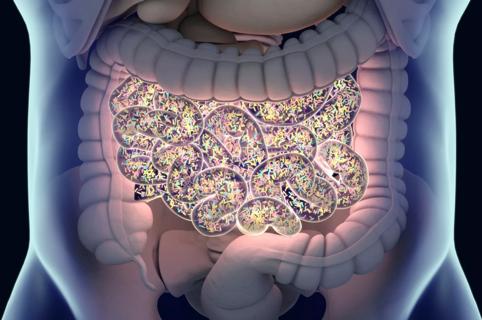
Large-scale joint study links elevated TMAO blood levels and chronic kidney disease risk over time
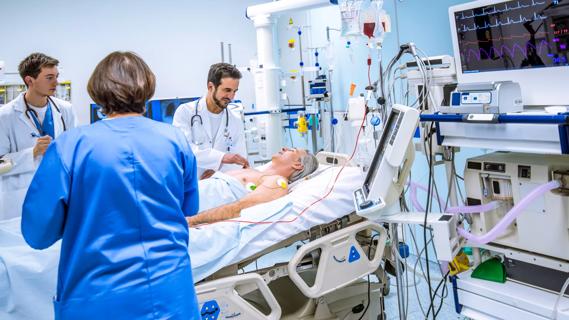
Investigators are developing a deep learning model to predict health outcomes in ICUs.

Preclinical work promises large-scale data with minimal bias to inform development of clinical tests

Cleveland Clinic researchers pursue answers on basic science and clinical fronts

Study suggests sex-specific pathways show potential for sex-specific therapeutic approaches
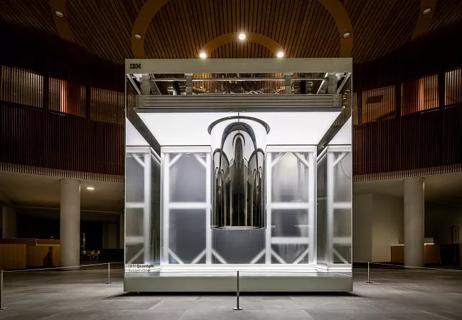
Cleveland Clinic launches Quantum Innovation Catalyzer Program to help start-up companies access advanced research technology